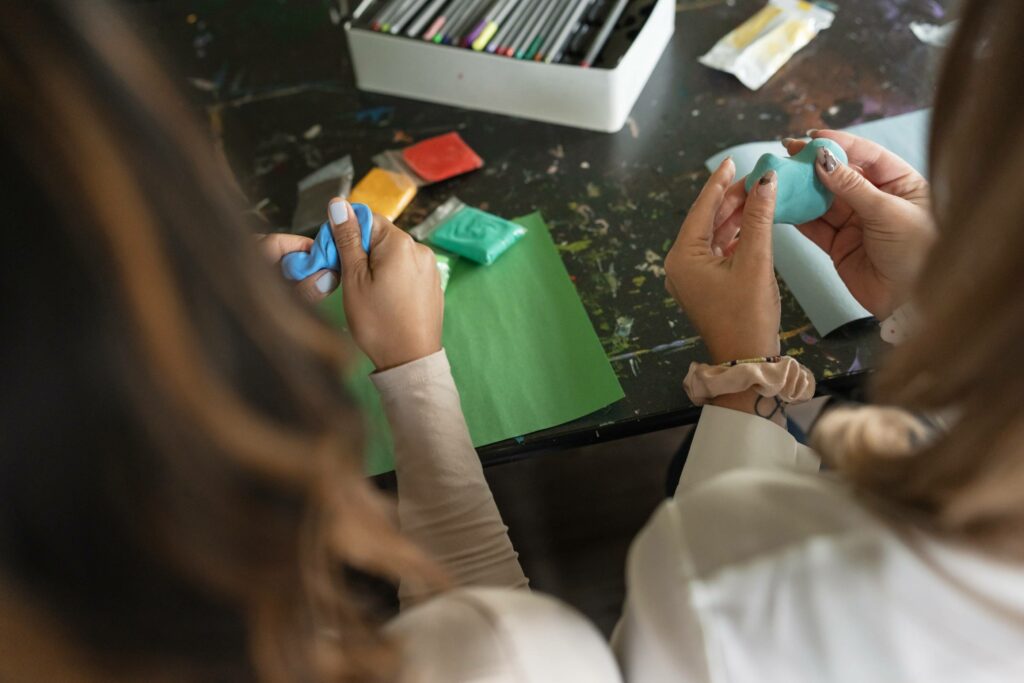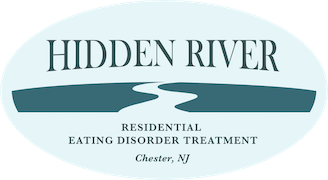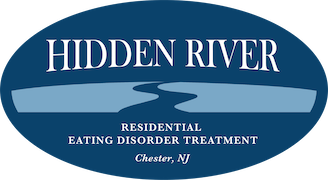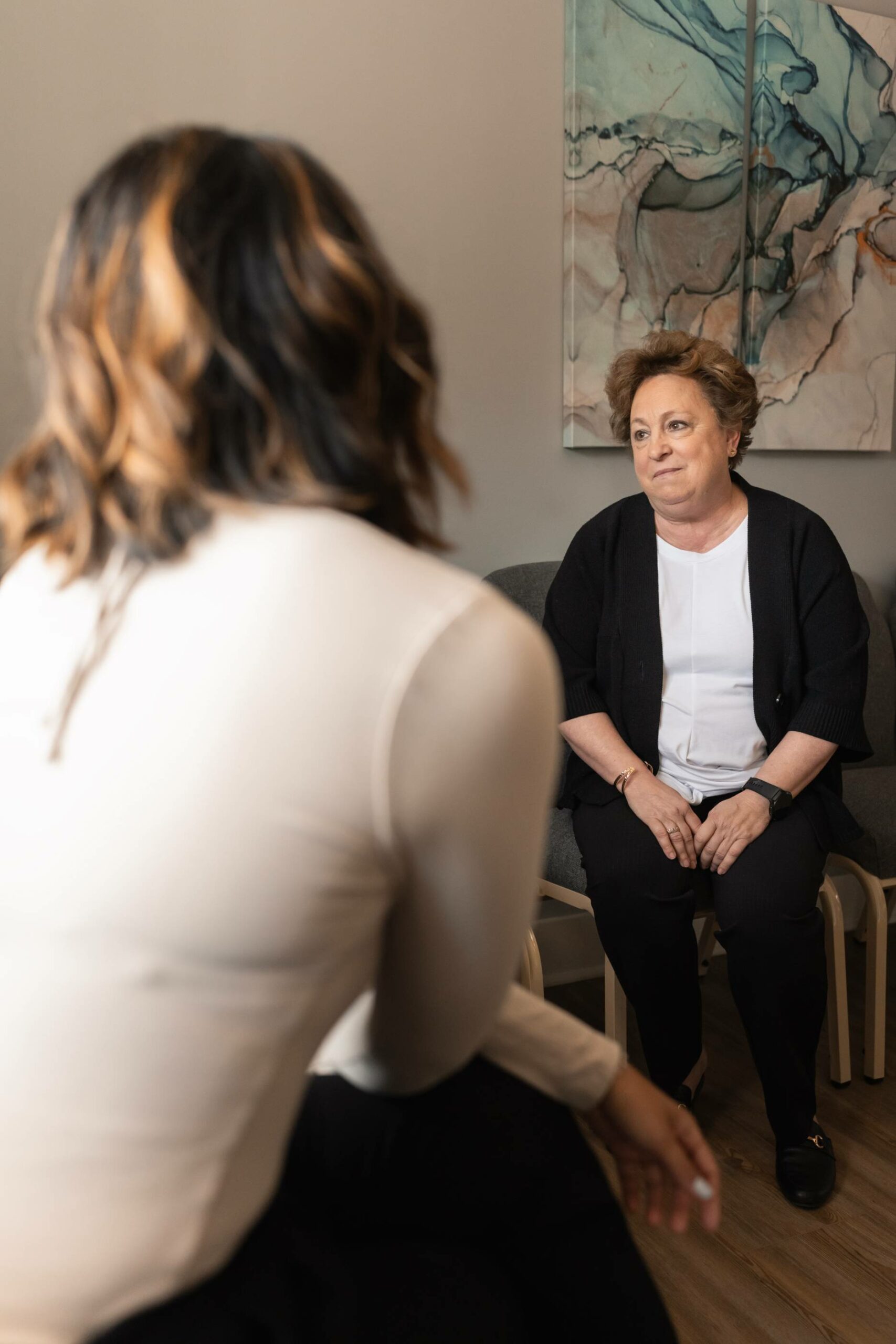Our Program
Family Therapy
our approach
Family involvement in eating disorder treatment begins on the day of admission at Hidden River.
Family Therapy
Eating disorders are challenging – not only for the individual experiencing the condition but also their family members. It’s hard to watch a loved one struggle with their mental and physical health. It can be tempting to jump in and try to convince them to change their ways. At times, though, this response can be unhelpful and even harmful.
There are many options, however, for incorporating family members into eating disorder treatment in beneficial ways. At Hidden River, the family is seen as an important part of the healing process. They’re involved from the very start of treatment, right up until graduation from our program.
The family therapy program considers each family’s unique situation, including their relationship dynamics and their environmental needs, to support the recovery process.
Program Orientation
The multidisciplinary team at Hidden River understands the importance of family involvement in every step of the treatment journey. In fact, having the family involved is included in Hidden River’s mission statement! Our clinicians know that families who express compassion, hope, and a commitment to recovery become a necessary resource within the treatment.
During orientation, families are provided with a tour of the facilities. They receive information about the safety protocols Hidden River has implemented. They will learn about the treatment approach, patient education program, and the patient phase program as well as how they can support their loved one’s success. During the first few weeks of treatment, families will have ample time to get to know Hidden River’s treatment team members and learn about the interventions being used to move their loved one towards recovery.
Skills Training
During the family therapy sessions, the therapy team will educate, teach, and coach families on effective relationship skills and emotion regulation techniques.
The family will learn to recognize eating disorder behavior versus healthy behavior. This education translates into what to watch for when their loved one returns home so that she doesn’t feel alone as she works towards recovery.Families have found the talk therapy and emotion regulation skills training exceptionally helpful as they learn the most effective ways to support their loved one on what can be a rather long recovery journey.







